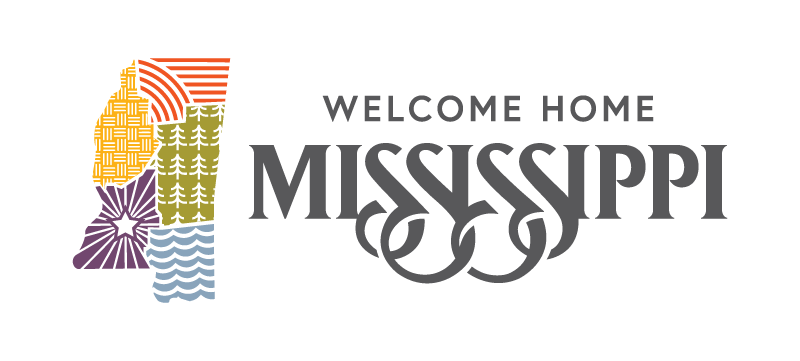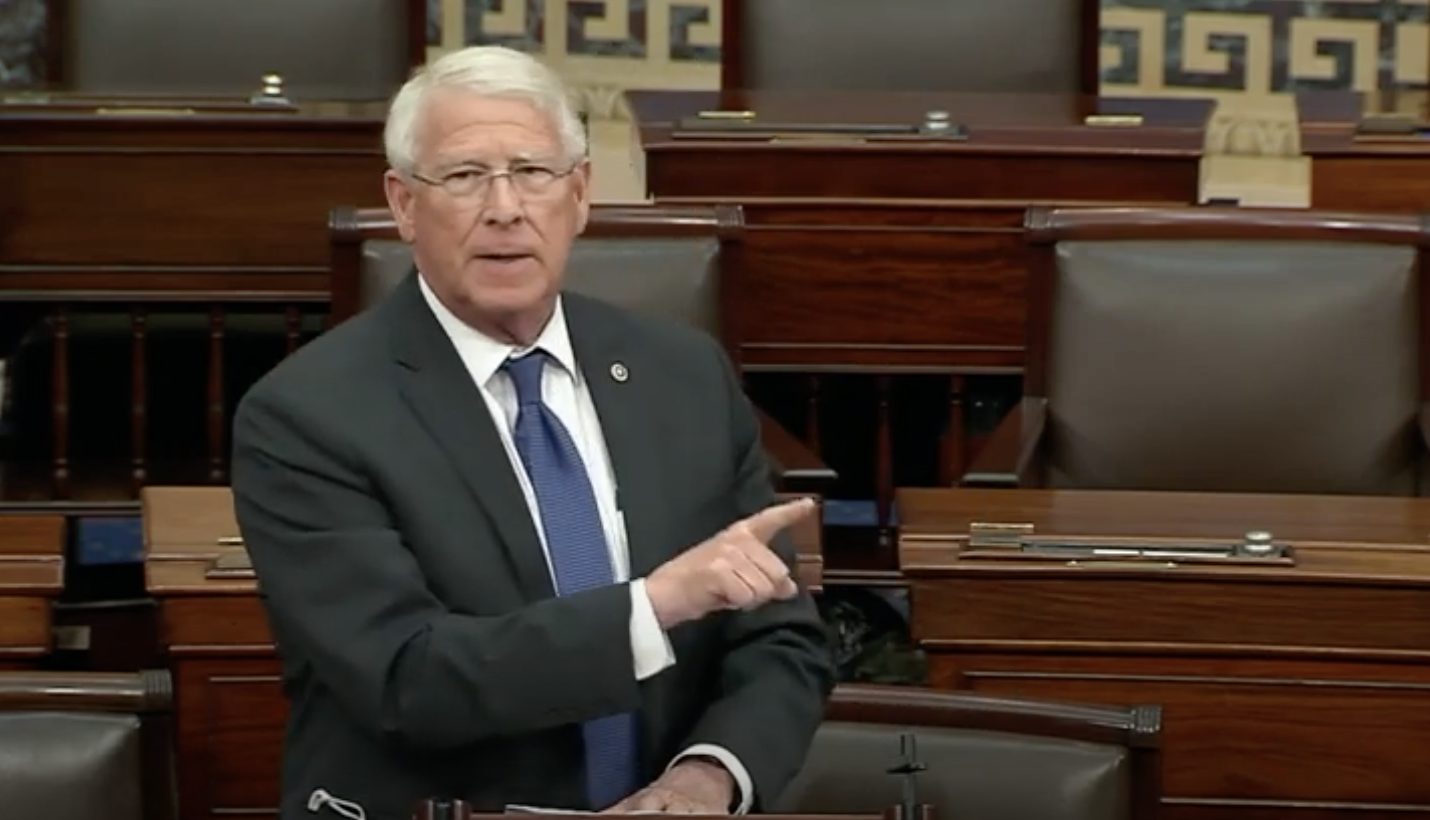
New Albany is 14th city to join the Welcome Home Mississippi program.
On Monday, the Mississippi Development Authority (MDA) announced that New Albany has been named Mississippi’s newest certified retirement city under the Welcome Home Mississippi (WHM) program.
The WHM program is administered by the MDA and attracts retirees from around the country to communities throughout the state. WHM will be managed locally by the community development division of the city of New Albany.
New Albany joins the cities of Aberdeen, Brandon, Cleveland, Clinton, Hattiesburg, Madison, Natchez, Oxford, Picayune, Southaven, Starkville, Tupelo and Vicksburg in the WHM program.
MDA Deputy Director Laura Hipp said that Mississippi is the perfect place to retire with a significant low cost of living, as well as welcoming communities.
“New Albany joining the Welcome Home Mississippi community gives retirees another great reason to come to Mississippi,” Hipp said. “New Albany offers an array of shopping in its vibrant downtown and numerous outdoor activities.”
“With 13 certified retirement communities, each one a vibrant and hospitable area, the options are plentiful, and each one offers a quality of living unmatched anywhere else in the U.S.,” the WHM program website states. “Whether you dream of living in the same city as the King of Rock ‘n Roll, or enjoy outdoor activities like golfing or festivals, retiring in the Magnolia State is full of options for every lifestyle.”
According to a July 2019 study conducted by Alan Barefield, Ph.D., and Kalyn Coatney, Ph.D., of the Department of Agricultural Economics at Mississippi State University (MSU), the economic impact of the WHM program was significant, especially in the communities engaged in the program in 2017.
Incoming retirees contributed $25.9 million to the state’s economy, and more than 200 jobs were created. The economists estimated that in 2017, 434 sectors of the state’s economy experienced increased output as a result of the program.
“In addition to the economic impact retirees have in their communities, they contribute in numerous other ways, including volunteering in and contributing monetary donations to local churches, schools, agencies and arts/cultural organizations,” MDA said in a release. “In turn, the study concludes the WHM program is a valuable asset to the state.”











